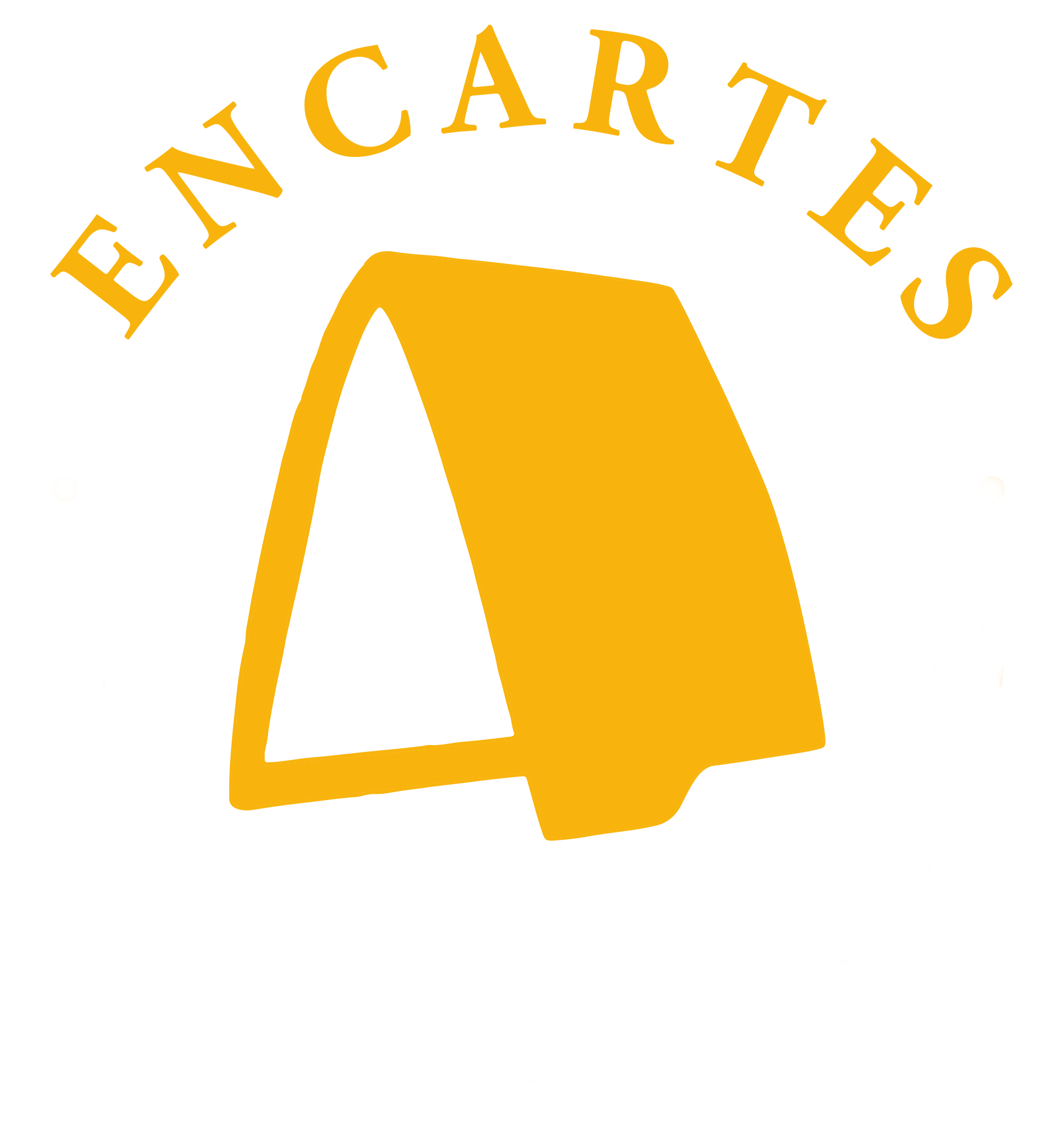Carlos Y. Flores D. studies at the Escuela Nacional de Antropología e Historia, Mexico, and a Ph.D. at the University of Manchester, England, specializing in the area of visual anthropology at the Granada Centre for Visual Anthropology. He worked for several years as a visiting professor in the postgraduate program in Visual Anthropology at Goldsmiths College, University of London. He has published on visual anthropology, political violence and community reconstruction processes and access to justice in the Mayan region. He has also produced several videos in collaboration with indigenous authorities and videographers in Guatemala, on historical memory and Mayan legal practices in communities in the region. He is currently a full time professor in the Department of Anthropology at the Universidad Autónoma del Estado de Morelos, Mexico.
Institutions




ISSN: 2594-2999.
encartesantropologicos@ciesas.edu.mx
Unless expressly mentioned, all content on this site is under a Creative Commons Attribution-NonCommercial 4.0 International License.
Download legal provisions complete
EncartesVol. 8, No. 16, September 2025-February 2026, is an open access digital academic journal published biannually by the Centro de Investigaciones y Estudios Superiores en Antropología Social, Calle Juárez, No. 87, Col. Tlalpan, C. P. 14000, México, D. F., Apdo. Postal 22-048, Tel. 54 87 35 70, Fax 56 55 55 76, El Colegio de la Frontera Norte, A. C.., Carretera Escénica Tijuana-Ensenada km 18.5, San Antonio del Mar, No. 22560, Tijuana, Baja California, Mexico, Tel. +52 (664) 631 6344, Instituto Tecnológico y de Estudios Superiores de Occidente, A.C., Periférico Sur Manuel Gómez Morin, No. 8585, Tlaquepaque, Jalisco, Tel. (33) 3669 3434, and El Colegio de San Luis, A. C., Parque de Macul, No. 155, Fracc. Colinas del Parque, San Luis Potosi, Mexico, Tel. (444) 811 01 01. Contact: encartesantropologicos@ciesas.edu.mx. Director of the journal: Ángela Renée de la Torre Castellanos. Hosted at https://encartes.mx. Responsible for the last update of this issue: Arthur Temporal Ventura. Date last modified: September 22, 2025.


